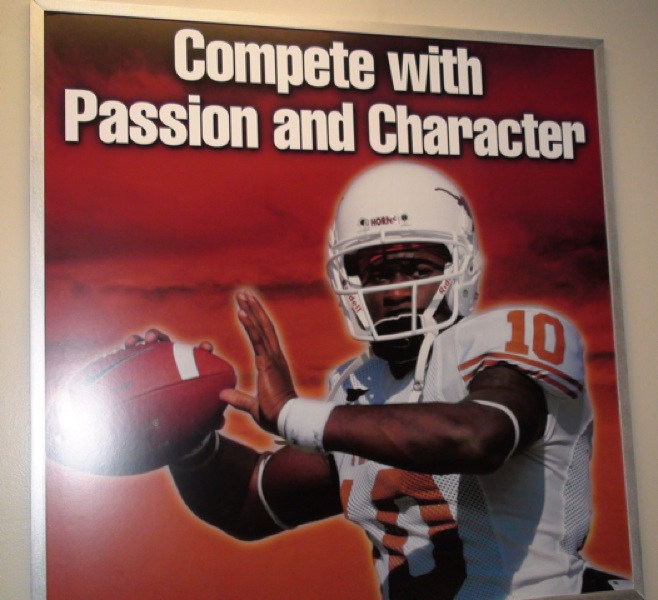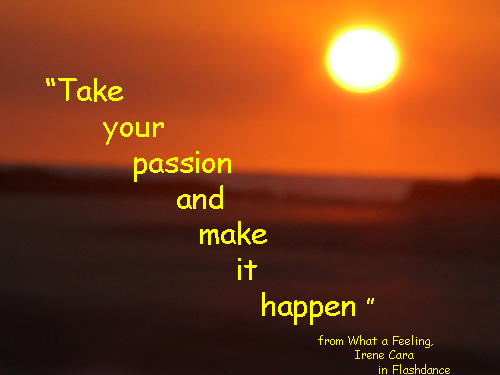============================================================================================================================
============================================================================================================================
PROMPT 1.1 CHARACTER FORMATION: BEST SELF, VIRTUE ETHICS
Ethics Flag goal of providing you with the "tools" you need to be your "best self" when you face ethical choices in your adult and professional lives. . ." What is your "
best
self"? Did you get any tools to become your "best self"? If so, what tools? One suggested tool: http://www.la.utexas.edu/users/bump/303D18/VirtueEthics.pdf
What other tools might you have used?
============================================================================================================================
Do you see any connections between this goal and what you learned about leadership and "the liberal arts", Newman's focus on character formation in The Idea of a University, etc. last semester.
============================================================================================================================
PROMPT 1.3 REAL-WORLD SITUATIONS: SLAVERY AND/OR THE HOLOCAUST
Have you been able "to identify ethical issues and to apply ethical reasoning to real-world situations"? For example, was your awareness of ethics increased by considering such real-world situations as slavery and the Holocaust? Was it fair to ask you what you would have done in those situations? What are your answers now?
============================================================================================================================
PROMPT 1.4 REAL-WORLD SITUATIONS: DIET AND OTHER CONSUMER CHOICES
What did you think about our goal of exploring "analogies between factory farming, slavery, and Nazi concentration camps made by various writers and philosophers that challenge us to become more mindful of ethical decisions we make daily about food, clothing, entertainment, etc. "
Did you become more mindful of the ethical components of the decisions you make as a consumer? What were your consumer values six months ago? What are they now? What lines, if any, won't you cross? For example, many people draw the line at veal or pate de foie gras because of the lifelong torture involved in producing those "delicacies." What about you? What about other lines............?
============================================================================================================================
PROMPT 1.5 REAL-WORLD SITUATIONS: VOTING AND LEGAL CHALLENGES
Did you become more mindful of the ethical components of the decisions you mak
============================================================================================================================
No matter which prompt(s) you choose, in PART ONE consider the questions, what are my values? How do they help me answer the question "who am I?"
Looking ahead to P4, as you conclude Part One, start asking yourself who do I want to be? What values do I want to have? What "best self" do I ultimately envision for myself?
PART TWO: EMOTIVE ETHICS
WHAT IS YOUR PASSION FOR HELPING OTHERS?







This
is a mini-essay focuses on one passion that connects
you to something greater than yourself, benefits others, and produces
P4, a leadership vision that changes the world for the better.
To
do this you may well have to accept the fact that you have many different
passions. To achieve unity you will need to choose just one of these passions
or at least just one cluster of related passions. You can mention your
other passions in the beginning of the mini-essay, but will need to narrow the
focus soon to the passion[s] that connect you to something greater (see below*)
and enable you to write the most coherent and unified essay at this time
in your life.
This
is an essay in which you are to discover and communicate, first of
all, what you are most passionate about that will benefit society, and
thus what your pilgrimage is, and perhaps what truth[s] you seek and/or
have found that will set you free.

As
the image of the scallop shell below the motto on the tower reminds us,
particularly important are pilgrimage goals that can endow you with a
compelling vision that inspires others to follow you. Hence especially
valuable are passions that tap into that which is greater than the self,
passions that enable you to make a contribution to society that can be
thought of as your legacy when you are gone.
To make the transition from multiple ethical passions to one, you would be well
advised to read in How Can I Help? about multiple selves and the Witness
that integrates them all.
As
you compose this essay, you will be hammering your self into unity. The
word "compose" connects "pose," that is "to place," to "con" ("together"),
and its root meaning is thus "to place together," "To put
together (parts or elements) so as to make up a whole" (O.E.D.). As
Newman puts it, your mind takes a" connected view of old and
new, past and present, far and near, and ... has an insight into the influence
of all these one on another; without which there is no whole, and
no centre. It possesses the knowledge, not only of things, but also
of their mutual and true relations." Such a mind "makes
every thing in some sort lead to every thing else; it would communicate
the image of the whole to
every separate portion, till that whole becomes in imagination like
a spirit, every where pervading and penetrating its component parts, and
giving them one definite meaning."
"Only
connect! . . .Live in fragments no longer.”
E.
M. Forster, Howards End (1910), ch. 22
‘One
day when I was twenty-three or twenty-four this sentence seemed to
form in my head, without my willing it, much as sentences form when we are
half-asleep, ‘Hammer your thoughts into unity’.
For days I could think of nothing else and for years I tested all I did by that
sentence [...]” William Butler Yeats (cited in Frank Tuohy, Yeats, 1976,
p.51 )









